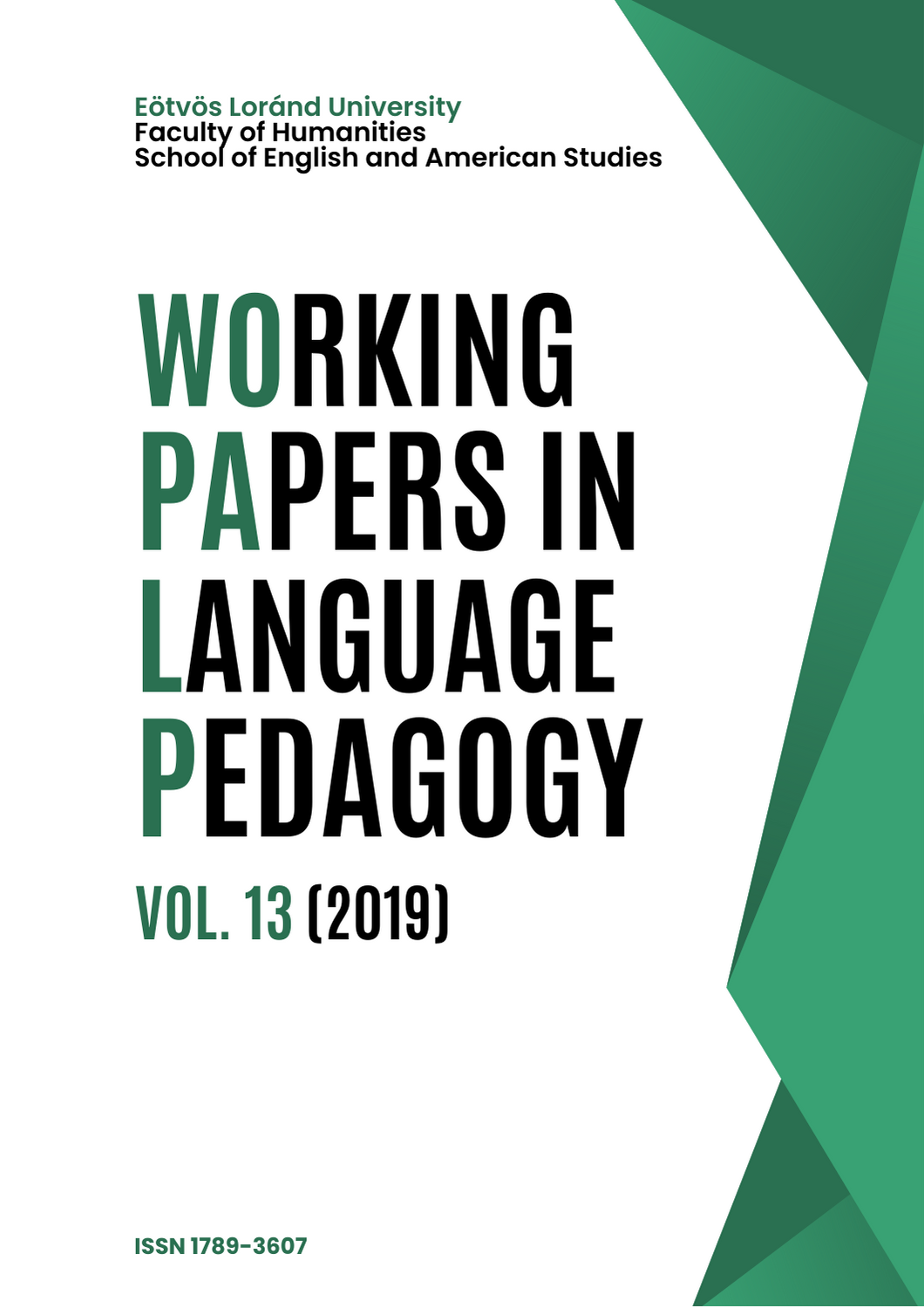Integrating Students with Specific Learning Differences in the EFL Classroom
DOI:
https://doi.org/10.61425/wplp.2019.13.14.32Keywords:
inclusive education, students with specific learning differences, teaching English as a foreign languageAbstract
Within the EFL context, teachers’ awareness of inclusive methods undoubtedly contributes to ensuring the successful integration of students with specific learning differences (SpLD). While several studies have examined special needs students’ EFL learning problems, the topic of mainstream language teachers’ awareness and implementation of the possible methods that are recommended for use with SpLD learners has not been thoroughly examined. The aim of this study is to start filling this gap by exploring teachers’ awareness of the possible approaches to teaching special needs students in mainstream primary schools and the application of special needs techniques and principles in their daily language teaching practice. A small-scale qualitative study was carried out using lesson observations and interviews as instruments for data collection. An inductive approach was utilized for data analysis. The findings show how the participating teachers integrate students with special needs in their regular EFL classes. In all observed lessons the teachers provided a supportive classroom environment, used multisensory language approaches, but rarely utilized any differentiated classroom instruction. Pedagogical implications include that primary school teachers should be aware of methods and practices that can be successful in integrating students with learning differences in regular EFL classes.




